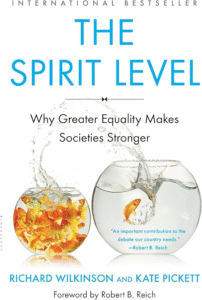The Art of Influence: Shaping Minds and Behaviors
The Ubiquity of Influence
Influence is an ever-present force in human society. It permeates our daily lives, subtly shaping our thoughts, behaviors, and decisions. From the persuasive tactics employed by advertisers to the subtle cues that guide our social interactions, influence plays a crucial role in shaping our individual and collective experiences.

The Power of Social Proof
One of the most potent forms of influence is social proof. Humans possess a strong innate desire to conform to the actions and beliefs of those around them. This tendency, often referred to as the “herd mentality,” is particularly pronounced in situations of uncertainty. Marketers effectively exploit this by highlighting the popularity of their products or services, creating a sense of social validation that encourages consumer adoption.
The Authority Principle
We are inherently inclined to defer to those we perceive as experts or figures of authority. This deference can be observed in various aspects of life, such as our reliance on medical professionals, legal experts, and other professionals. Similarly, we often gravitate towards the advice and opinions of celebrities and influencers. Marketers capitalize on this by utilizing testimonials from authoritative figures to endorse their products.
The Ethical Dimensions of Influence
The power of influence can be wielded for both constructive and destructive purposes. Ethical leaders and persuaders utilize influence to inspire, motivate, and promote positive change within society. In contrast, manipulative individuals and organizations can exploit the power of influence to deceive, exploit, and propagate harmful agendas.
Navigating the World of Influence
Understanding the mechanisms of influence is crucial in today’s complex world. By recognizing the subtle ways in which our thoughts and behaviors are shaped, we can make more informed decisions, resist manipulative tactics, and cultivate a greater degree of autonomy.




















